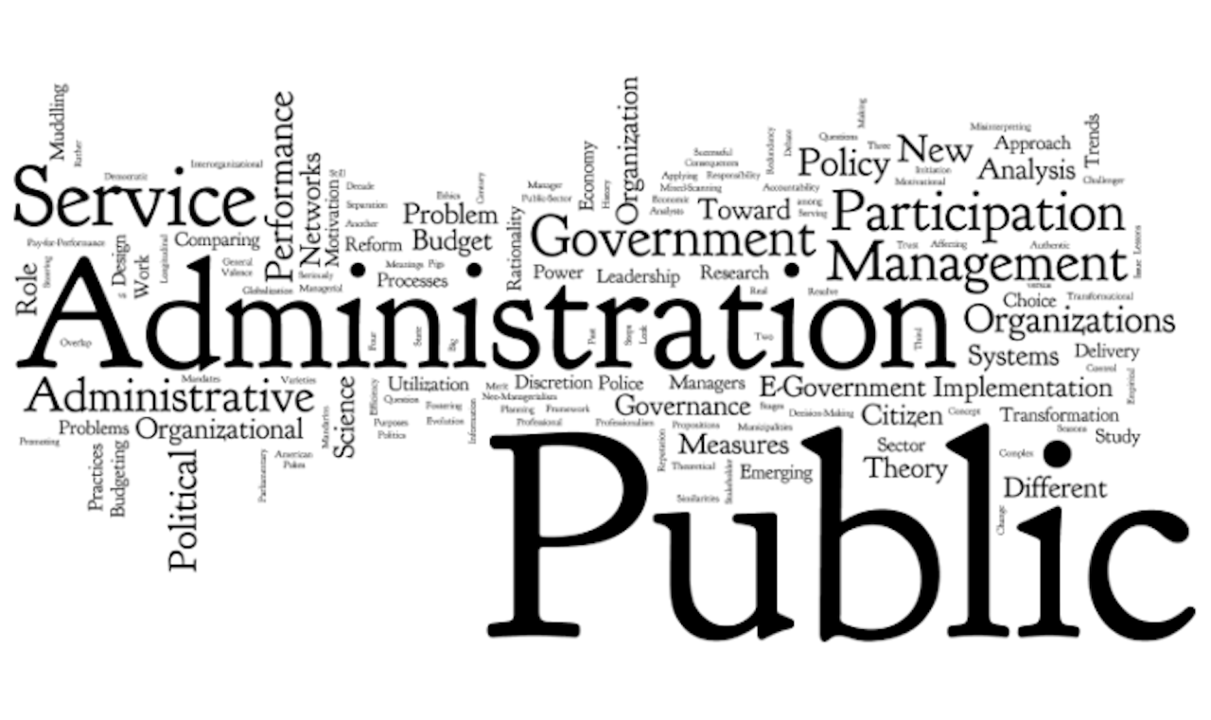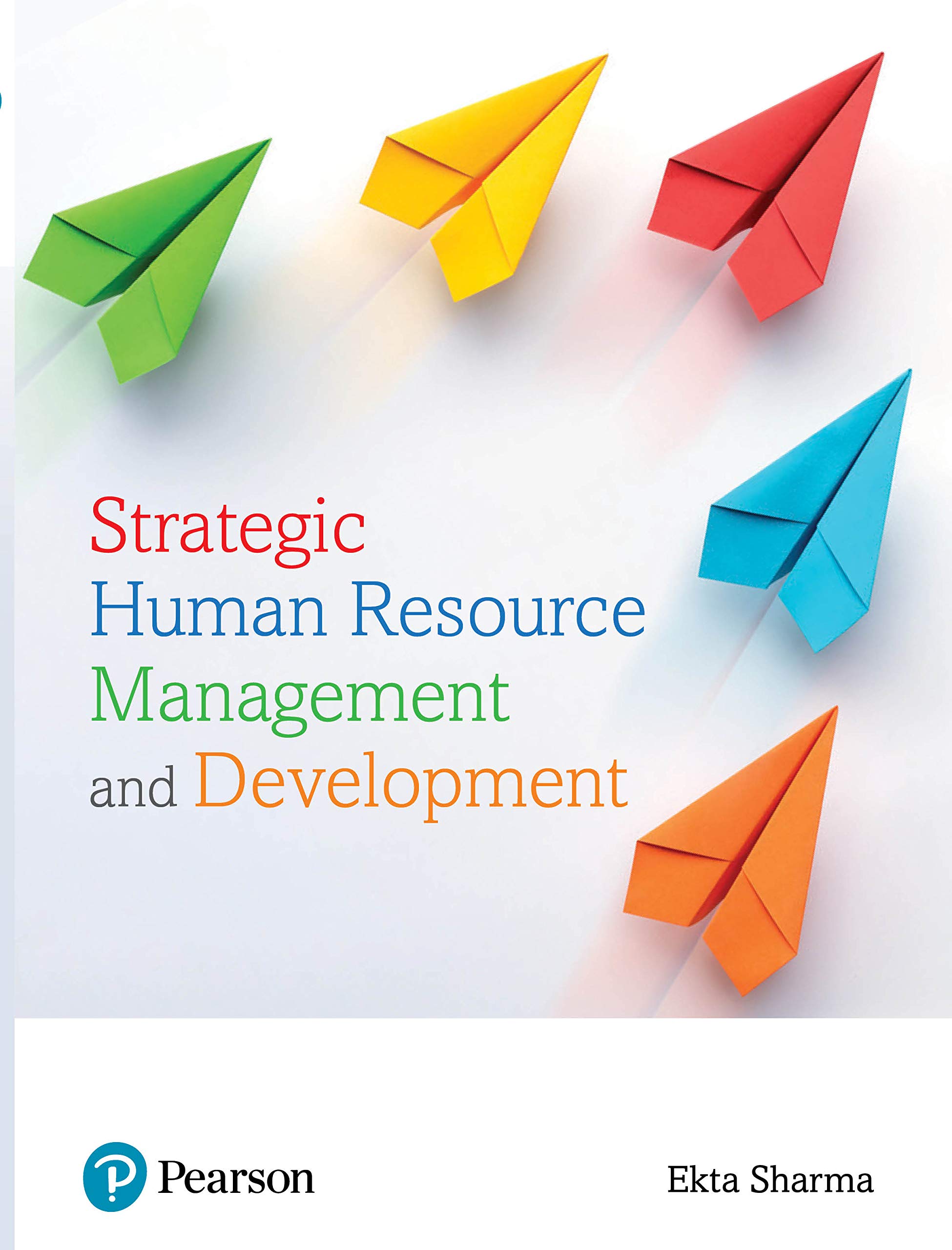
The Cardinal Job Fair is a multi-discipline event. All visitors must adhere the same safety guidelines. Open to all, the fair offers a wide range of career opportunities including financial and healthcare services. Students are encouraged to attend. Below are some benefits of attending the job fair. Learn more about the impact of the career fair on students at Ball State. These safety guidelines are important to remember when you visit these events next year.
Cardinal Job Fair offers a variety of disciplines fairs
The Cardinal Job Fair (multi-discipline career recruiting event) is held every semester at Ball State University. The fair has a 93% career placement rate and attracts thousands of employers and students. Cardinal Career Link can help employers register and make it free for them to attend the fair. Ball State University Career Center provides parking and lunch free of charge. Employers can access a list of job candidates through the app.
All attendees must follow safety guidelines
The Ball State Career Fair offers a great opportunity to meet potential employers and launch your career. The university hosts more than 300 companies annually and attracts many recent graduates and students to this event. The university's graduates are highly sought-after by companies because of their real-world experience, and educational background. The university boasts a high rate of job placement with a 93% rate.

Before you attend the fair, make sure to review the safety guidelines. First, wear a face mask and follow the instructions given by the Career Coach. Second, make an appointment for the Career Coach if one is not already available. Cardinal Career Link makes it easy to book a session with a Career Coach. Third, follow the instructions to create a new account. Click on the link "forgot password" to reset your password.
The Cardinal Job Fair offers many benefits
The Ball State Career Fair offers many benefits. It provides you with the opportunity to meet employers across a variety industries. Do your research on potential employers before you go to the job fair. Make a prioritized list and decide which employers you want. You won't waste your time trying to decide who to speak to. A game plan can be prepared. You'll be more prepared for the fair.
During the fair, you'll meet companies and recruiters from various fields. Over 30 years of experience has been gained by many employers who attend the fair. This allows you to find the right fit for your career. If you're looking for a new job, you'll find hundreds of companies at the career fair. You can also make long-term connections at the career fair. Students from Ball State Career Center are usually considered 12-18 months ahead of most new hires. This makes them valuable additions to your team.
The Cardinal Job Fair's impact on Ball State students
The Cardinal Job Fair is a popular recruiting event at Ball State University, bringing together nearly two thousand potential employers and students to meet each other in person. The in-person event is a great way to meet potential employers and students. It has a 93 percent success rate. You will also find a parking spot, lunch, and a snack at the fair. Cardinal Career Link lists employers who will be attending the fair.

Many of the employers that attended the fair want to hire Ball State alumni. They need young professionals who can use their education to make a difference. There will be a Graduate School Expo at the fair that brings together businesses from different disciplines. Students can find out about career opportunities in historic preservation and interior design as well as landscape architecture, urban planning, and landscape architecture. In addition, the Career Assistance Program will provide career services. These services will assist students in making connections that lead to rewarding careers.
FAQ
Why does it sometimes seem so difficult to make good business decisions?
Complex systems with many moving parts are the hallmark of businesses. The people who run them must juggle multiple priorities at once while also dealing with uncertainty and complexity.
It is important to understand the effects of these factors on the system in order to make informed decisions.
You must first consider what each piece of the system does and why. You then need to consider how those individual pieces interact with each other.
You should also ask yourself if there are any hidden assumptions behind how you've been doing things. If you don't have any, it may be time to revisit them.
You can always ask someone for help if you still have questions after all of this. You might find their perspective is different from yours and they may have insight that can help you find the solution.
What are some of the common mistakes made by managers?
Sometimes managers make it harder for their employees than is necessary.
They may not be able to delegate enough responsibility to staff or provide adequate support.
In addition, many managers lack the communication skills required to motivate and lead their teams.
Managers sometimes set unrealistic expectations of their teams.
Managers may prefer to solve every problem for themselves than to delegate responsibility.
What is the difference of leadership and management?
Leadership is all about influencing others. Management is about controlling others.
Leaders inspire followers, while managers direct workers.
Leaders motivate people to succeed; managers keep workers on track.
A leader develops people; a manager manages people.
How can a manager motivate employees?
Motivation refers to the desire to perform well.
It is possible to be motivated by doing something you enjoy.
Or you can get motivated by seeing yourself making a contribution to the success of the organization.
For example, if you want to become a doctor, you'll probably find it more motivating to see patients than to study medicine books all day.
Another source of motivation is within.
One example is a strong sense that you are responsible for helping others.
Maybe you like working hard.
If you don't feel motivated, ask yourself why.
Then try to think about ways to change your situation to be more motivated.
What are the 4 major functions of management
Management is responsible of planning, organizing, leading, and controlling people as well as resources. It includes creating policies and procedures, as well setting goals.
Management is the ability to direct, coordinate, control, motivate, supervise, train, and evaluate an organization's efforts towards achieving its goals.
Management has four primary functions:
Planning - Planning involves determining what needs to be done.
Organizing - Organizing involves deciding how things should be done.
Direction - This is the art of getting people to follow your instructions.
Controlling – This refers to ensuring that tasks are carried out according to plan.
What are management concepts?
Management Concepts are the management principles and practices that managers use in managing people and resources. These topics include job descriptions, performance evaluations and training programs. They also cover human resource policies, job description, job descriptions, job descriptions, employee motivation, compensation systems, organizational structures, and many other topics.
What are the five management process?
The five stages of any business are planning, execution, monitoring, review, and evaluation.
Setting goals for the future requires planning. This includes setting goals for the future and defining what you want.
Execution is the actual execution of the plans. It is important to ensure that everyone follows the plans.
Monitoring is checking on progress towards achieving your objectives. Regular reviews should be done of your performance against targets or budgets.
Reviews take place at the end of each year. They provide an opportunity to assess whether everything went well during the year. If not, then it may be possible to make adjustments in order to improve performance next time.
After each year's review, evaluation occurs. It helps to determine what worked and what didn’t. It also provides feedback on the performance of people.
Statistics
- Our program is 100% engineered for your success. (online.uc.edu)
- The profession is expected to grow 7% by 2028, a bit faster than the national average. (wgu.edu)
- The average salary for financial advisors in 2021 is around $60,000 per year, with the top 10% of the profession making more than $111,000 per year. (wgu.edu)
- This field is expected to grow about 7% by 2028, a bit faster than the national average for job growth. (wgu.edu)
- Your choice in Step 5 may very likely be the same or similar to the alternative you placed at the top of your list at the end of Step 4. (umassd.edu)
External Links
How To
How do you implement a Quality Management Plan (QMP)?
QMP (Quality Management Plan), introduced in ISO 9001,2008, provides a systematic method for improving processes, products, or services through continuous improvement. It focuses on the ability to measure, analyze and control processes and customer satisfaction.
QMP is a standard way to improve business performance. QMP improves production, service delivery, as well as customer relations. A QMP should include all three aspects - Processes, Products, and Services. If the QMP only covers one aspect, it's called a "Process QMP". QMP stands for Product/Service. If the QMP focuses on Customer Relationships, it's called a "Product" QMP.
When implementing a QMP, there are two main elements: Scope and Strategy. They are defined as follows:
Scope: This describes the scope and duration for the QMP. For example, if your organization wants to implement a QMP for six months, this scope will define the activities performed during the first six months.
Strategy: These are the steps taken in order to reach the goals listed in the scope.
A typical QMP is composed of five phases: Planning Design, Development, Implementation and Maintenance. Below is a description of each phase:
Planning: This stage determines the QMP goals and prioritizes them. All stakeholders involved in the project are consulted to understand their requirements and expectations. The next step is to create the strategy for achieving those objectives.
Design: The design stage involves the development of vision, mission strategies, tactics, and strategies that will allow for successful implementation. These strategies are implemented by the development of detailed plans and procedures.
Development: Here, the team develops the resources and capabilities that will support the successful implementation.
Implementation involves the actual implementation using the planned strategies.
Maintenance: The maintenance of the QMP is an ongoing task.
The QMP must also include several other items:
Stakeholder Engagement: It is crucial for the QMP to be a success. They are required to actively participate in the planning, design and development of the QMP, as well as the implementation and maintenance phases.
Project Initiation - A clear understanding of the problem statement, and the solution is necessary for any project to be initiated. This means that the initiator should know why they want something done and what they hope for from the end result.
Time Frame: It is important to consider the QMP's time frame. You can use a simplified version if you are only going to be using the QMP for short periods. For a long-term commitment you may need more complicated versions.
Cost Estimation - Cost estimation is an important part of the QMP. You can't plan without knowing how much money it will cost. It is therefore important to calculate the cost before you start the QMP.
The most important thing about a QMP is that it is not just a document but also a living document. It changes as the company grows. It should therefore be reviewed frequently to ensure that the organization's needs are met.